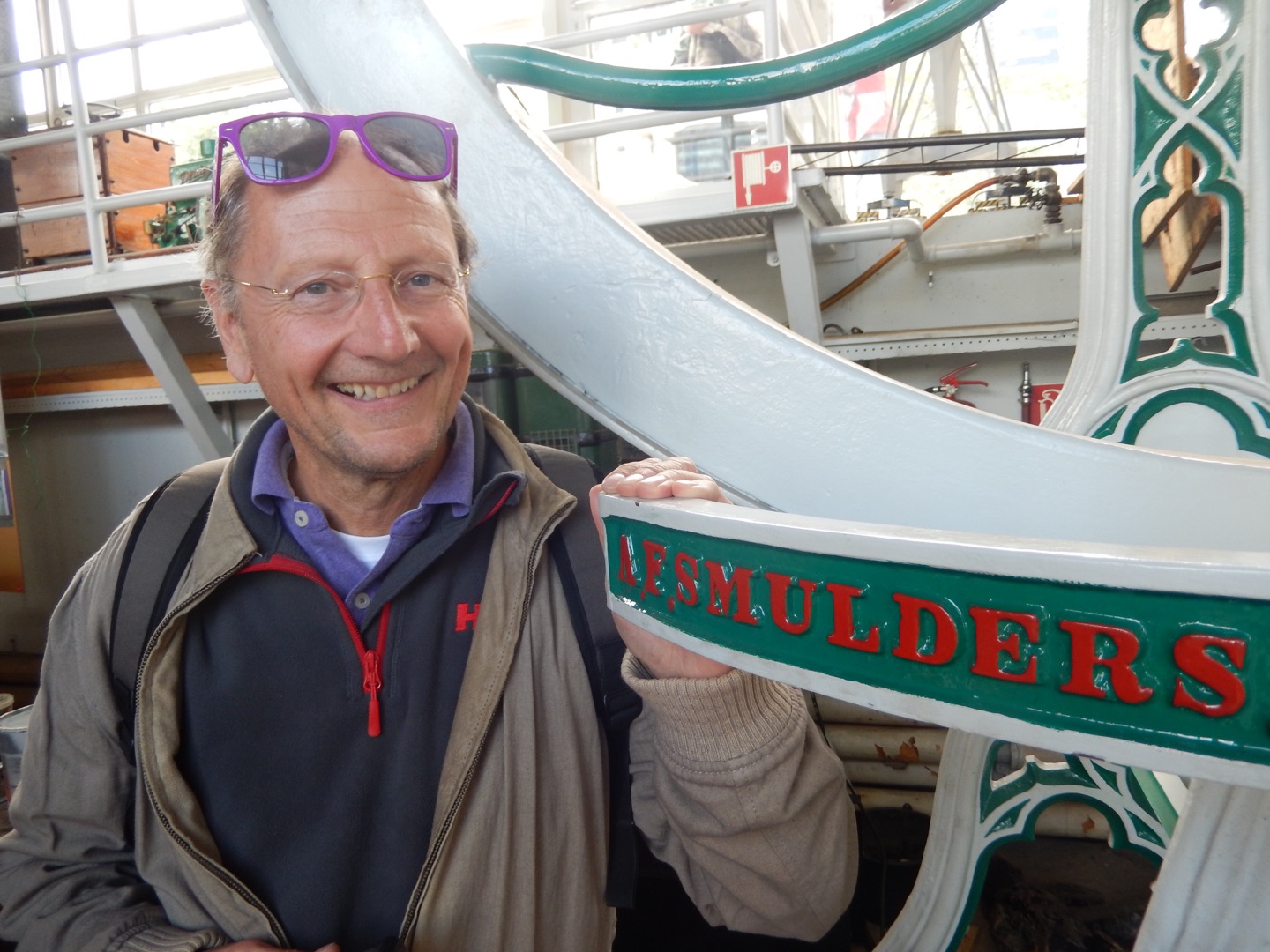It is very popular to shout that one needs to think out of the box. However, what box are we supposed to be escaping from? Nobody has ever seen their own box, so what does the expression mean, asks Delta Lab-blogger and researcher Frido Smulders.
Frido Smulders is associate professor Design, Innovation and Entrepreneurship. Hij blogt over zijn onderzoek bij Delta Lab.


This fourth blog will discuss entrepreneurial creativity and the role of the box. To my mind, the box that we need to escape from is the box in which we live our lives, with its unquestioned assumptions, socially accepted behaviours, deep rooted ideas, predictive logics and much more. The invisible borders of this box make life easy and predictable. Thinking outside the socially constructed box requires creativity. And guts.
The box everybody refers to originally came from the challenge to connect nine dots by four lines (or fewer) without taking the pencil off the paper and without running over the same line twice
This puzzle cannot be solved without breaking through the invisible borders of the box around the nine dots. In the past, before the solution was found, most people endlessly tried to find the solution inside the box. They did this without even being asked to stay inside the box. Most people simply impose constraints on themselves. This automatic tendency to look for solutions within the box is pervasive throughout society and industry. And it is not surprising.
We are ‘boxed in’ by education
More than thirty million people have seen Sir Ken Robinson’s video in which he addresses the rhetorical question ‘Do schools kill creativity?’. The video’s popularity may be indicative that education is perhaps not on par with people’s expectations. We have all been children; we all know that when children are not hampered by knowledge, they sometimes come up with crazy ideas that later prove to be very relevant.
So, what happens at school and university that, once educated, we cannot think out of the box anymore? The problem is that our educational programmes aim for a seamless transition to society by teaching existing, validated knowledge and related behaviour.
In a similar vein, academic assessment values conformity rather than answers and behaviours that don’t comply with the existing box. This is a world-wide situation and TU Delft is no exception. So from day one, we are raised and educated to conform with the existing system; to live lives conforming with the socially constructed cultural behaviour within the existing box. We, as society, ‘box’ ourselves in, in a manner of speaking. Yet, entrepreneurs see opportunities outside the existing box, sometimes even far beyond that, like Elon Musk’s Spacex . Where does their creativity come from?
Entrepreneurial creativity
What is so special about entrepreneurial creativity? How does it connect to wicked problems and experiential learning? In my third blog, I suggested that the situation of a start-up is similar to a wicked problem: there is not one clear problem definition and there is no final and satisfying solution that brings the problem-solving process to an end. Instead, the student-entrepreneur has to handle a large array of interconnected problems that can’t be solved independently of each other nor consecutively. It is an entrepreneurial journey and there is no entrepreneurial destination.
‘Academic assessment values conformity’
Student-entrepreneurs thus need to be careful to not fall into the trap of treating the wicked problem as a set of separate rational problems that can be solved one-by-one. Solving one aspect could decimate the solution space of another aspect.
Instead, they should go against the rational problem solving taught in education and creatively work towards conceptual solutions for all interconnected aspects in coherence with each other. Early integration efforts should lead to testing prototypes in the lab and to minimal viable products (MVP) in the market place until sufficient integrative robustness is reached for scaling up, for achieving the ‘new box’, that is, the new business!
Taking a course twice
Entrepreneurial creativity and integrative capability are two sides of the same coin and are close to the kind of creativity that leads designers to create surprising products. Learning by doing – or experiential learning – increases these creative qualities. For example, industrial design students learn through design assignments and entrepreneurs can become serial entrepreneurs by starting several companies and learning from their failures and successes.
In learning entrepreneurship, as design, good coaching in combination with practice are paramount in enhancing and facilitating the learning process. This is why, unsurprisingly, we have had several students taking our course twice, both times with different business ideas, just to gain extra entrepreneurial learning experiences.
And to return to my starting point, creative and integrative probing, testing and learning, as means to identify the contours of the new box, will ‘fill’, and hopefully enlarge, the experiential ‘brain-space’ of the student-entrepreneur that I would like to assess at academic level.
The conclusion of this fourth blog is that I now have strong relationships with entrepreneurial creativity, probing and experiential learning. In the next blog, I will take a dive into reflective activities and how these could contribute to the growing universal academic brain of the student-entrepreneur.
Frido Smulders, Associate Professor Design, Innovation and Entrepreneurship, was granted a two-year educational fellowship by the TU Delft Executive Board in December 2016. In April 2017 he started blogging about his work for Delta.
Also read:
‘Universal Academic Brain: wicked problems and experiential learning’
‘Would a universal academic brain help me?’
‘How to assess entrepreneurs at an academic level?’
Frido Smulders / Wetenschapper en Delta-blogger



Comments are closed.